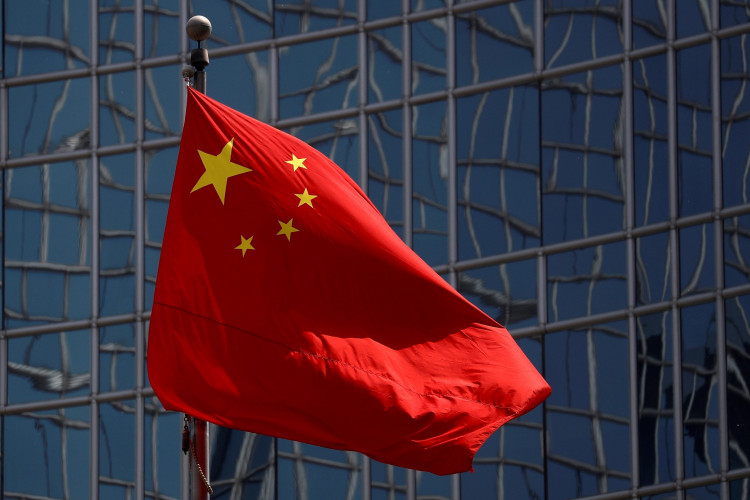China is ramping up restrictions on citizens and foreign executives leaving the country, sending a conflicting message as the nation claims to be open for business after three years of stringent COVID-19 measures. Human rights group Safeguard Defenders and a Reuters analysis have discovered a significant rise in exit bans, with foreign business communities expressing concern over the trend.
"Since Xi Jinping took power in 2012, China has expanded the legal landscape for exit bans and increasingly used them, sometimes outside legal justification," states the Safeguard Defenders report. Laura Harth, the group's campaign director, notes that between 2018 and July of this year, at least five new or amended Chinese laws allow for the use of exit bans.
The escalation of exit bans occurs as tensions between China and the U.S. increase over trade and security disputes. This contrasts with China's assertion that it is welcoming overseas investment and travel as it emerges from some of the world's strictest COVID restrictions.
A recent revision of China's counter-espionage law permits exit bans to be imposed on anyone, whether Chinese or foreign, who is under investigation. In comparison, the U.S. and European Union enforce travel bans on some criminal suspects but generally not for civil claims.
China's Ministry of Public Security has not responded to inquiries regarding exit bans, including the number of individuals affected.
The increased scrutiny and ambiguous language of the counter-espionage legislation have raised concerns among foreign businesses. Jorg Wuttke, head of the European Union Chamber of Commerce in China, states, "The uncertainty is huge," and emphasizes the need for clarity.
The EU chamber told Reuters, "At a time when China is proactively trying to restore business confidence to attract foreign investment, the exit bans send a very mixed signal."
According to the Safeguard Defenders report, those barred from leaving China include ordinary citizens involved in financial disputes, rights defenders, activists, lawyers, and ethnic minorities like the Uyghurs from China's Xinjiang region. The report cites a Chinese judicial report indicating a 55% rise in people placed under exit bans for owing money between 2016 and 2018 compared to the previous three years.
Some activists believe the broader use of exit bans reflects stricter security measures under President Xi Jinping. Xiang Li, a Chinese rights activist, claims, "China doesn't have the rule of law. The law is used to serve the purposes of the Chinese Communist Party. It's very effective."





